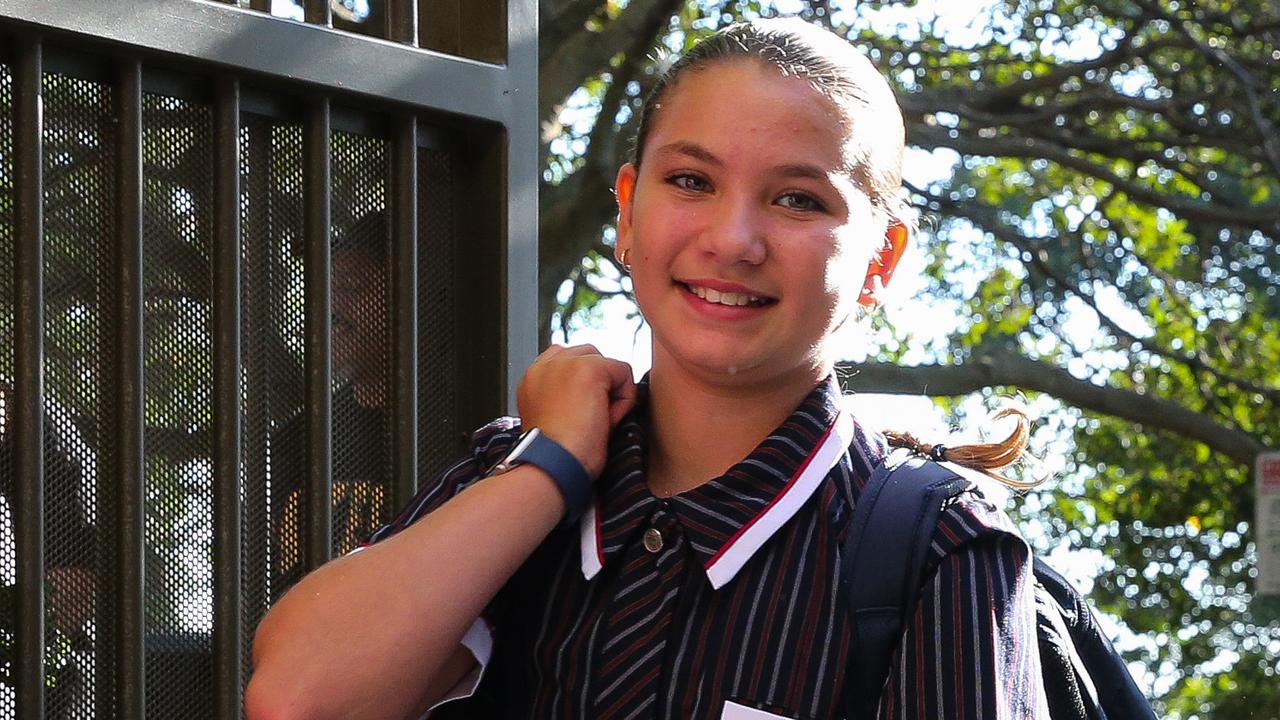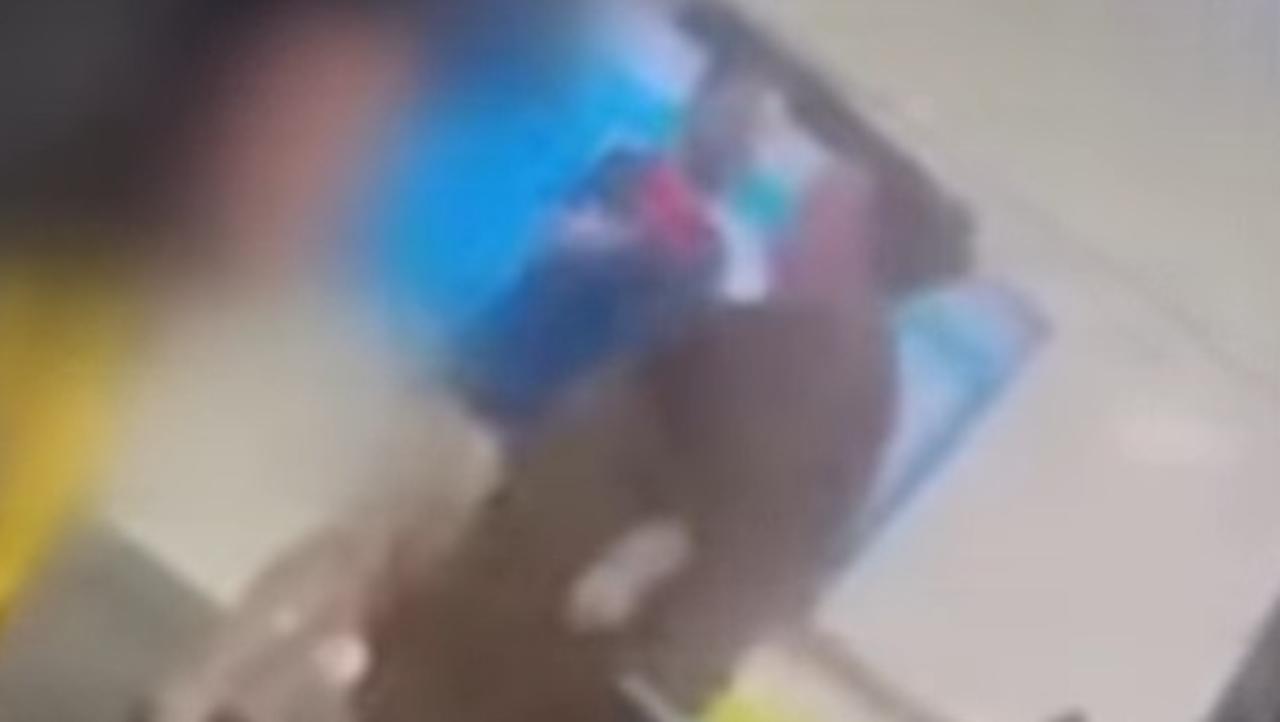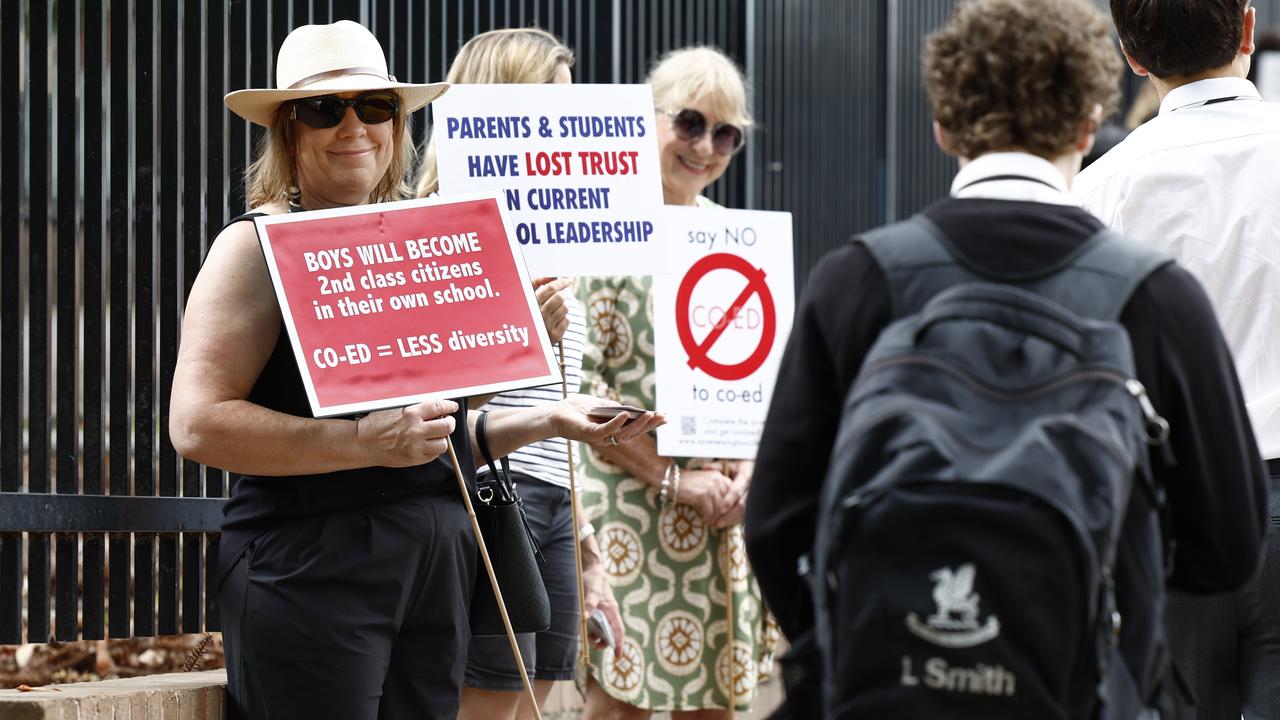NSW Teacher’s Federation president Henry Rajendra: ‘Rich schools should stop whining’
An influential union boss will take aim at two notorious Sydney private schools, amid threats of a “high impact” campaign to increase funding for public schools.
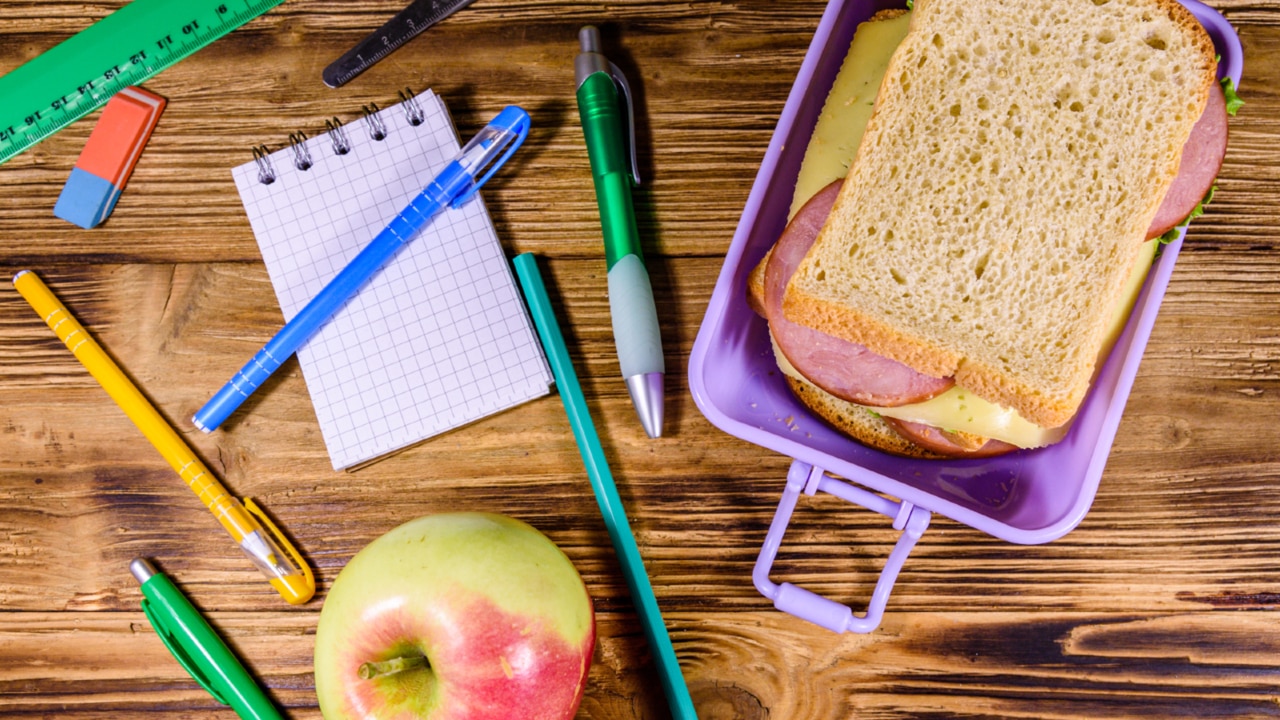
The head of an influential schools union has taken aim at two high-profile Sydney private schools, accusing them of “disingenuous, bleating victimhood”.
NSW Teachers Federation president Henry Rajendra will use his speech at Friday’s 2024 Principal’s Conference to lash the “entrenched” privilege of private schools, and make specific reference to Cranbrook School and The King’s School, which charge school fees of up to $46,497 and $43,560 per year respectively - not including boarding costs.
Despite this, both schools still received millions in government funding, Cranbrook receives $6.5m in federal and state funding, as reported by the Australian Financial Review.
In 2020, The King’s School controversially received more than $21m, which included $8m in JobKeeper.
“They think they are above questioning. That the level of public funding they receive is off limits,” Mr Rajendra will say.
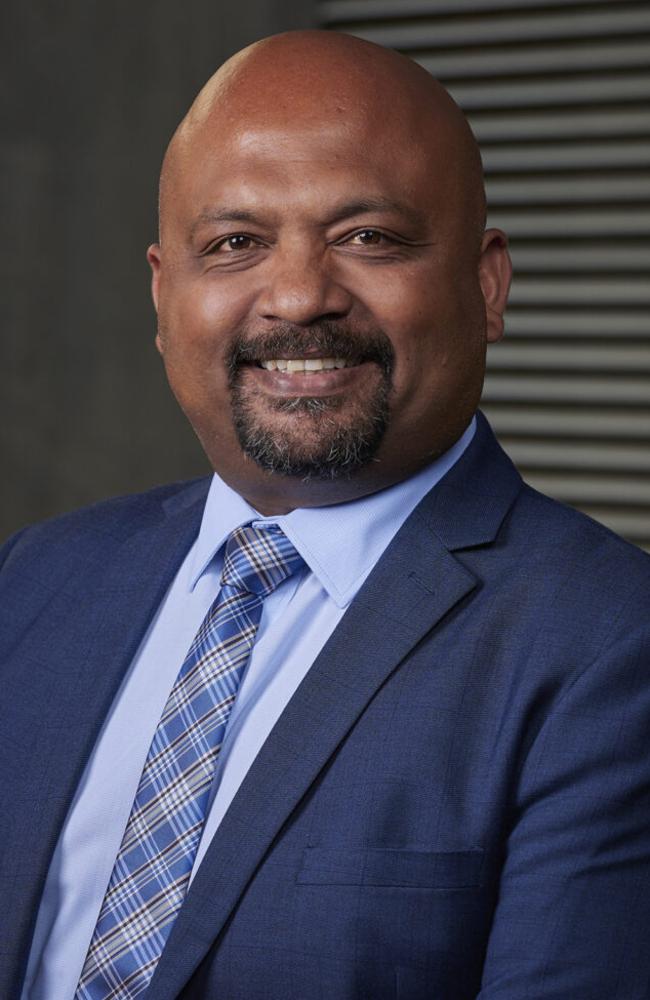
“This is like starting on the crease with 99 runs and then complaining about having to face another ball to get your century.”
His comments come as Kings headmaster Tony George came under fire for comments made in the school’s magazine Leader, which said: “Children attending non-government schools [are] being increasingly targeted and ridiculed”.
“Government single-sex schools have seemed to avoid criticism, as have single-sex girls’ schools,” Mr George wrote.
“However, the underlying agenda against the straw man of white privileged males has fuelled the creation of the term toxic masculinity and the religious fervour it subsequently generates.”
Mr Rajendra will also to announce a visible campaign to call on the federal government to properly fund public schools, with current levels leaving NSW public schools underfunded by about $1.9bn, or 11 per cent worse off.
“The social, economic and moral logic of plugging these holes is clear. But it seems we must also apply political logic. So that is what we will do,” he will say.
“Starting next week, the Teachers Federation commences a visible, high impact campaign in target Labor seats to convince federal Labor MPs to invest in the future,” he will say.
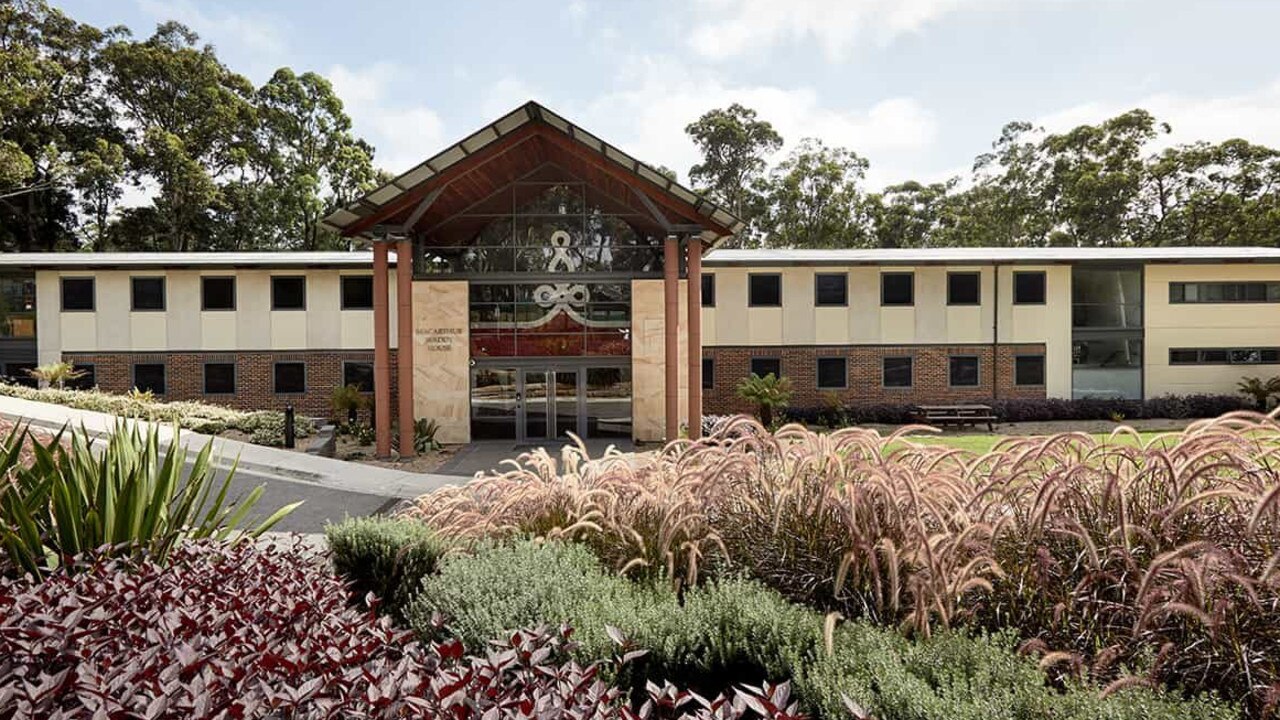
“They will see us and hear us, and our message will resonate among the families of the 62 per cent of students who attend NSW public schools.”
He will also say increasing funding public education was also a “political opportunity” for the federal Labor Party, who could win back the NSW seats of Fowler and Lindsay, which both have about 21,000 public school students.
Not doing so could lead to a “Coalition assault,” especially in the seats of Werriwa, Parramatta and Macarthur.
“We will be relentless in making the case in these crucial electoral battlegrounds and beyond,” Mr Rajendra will say.
In NSW the federal government chips in 20 per cent of the benchmark funding as described by the Schooling Resource Standard (SRS), with the state government promising to contribute 75 per cent by 2025.
This leaves a 5 per cent gap.
Under the current deal, no public school across Australia, with the exception of the ATC, receives government funding which meets the SRS, with federal and state governments entering into negotiations to correct the gap.
So far, only Western Australia has accepted a 2.5 per cent increase, however other states, including NSW, will continue pushing for the 25 per cent Commonwealth funding.
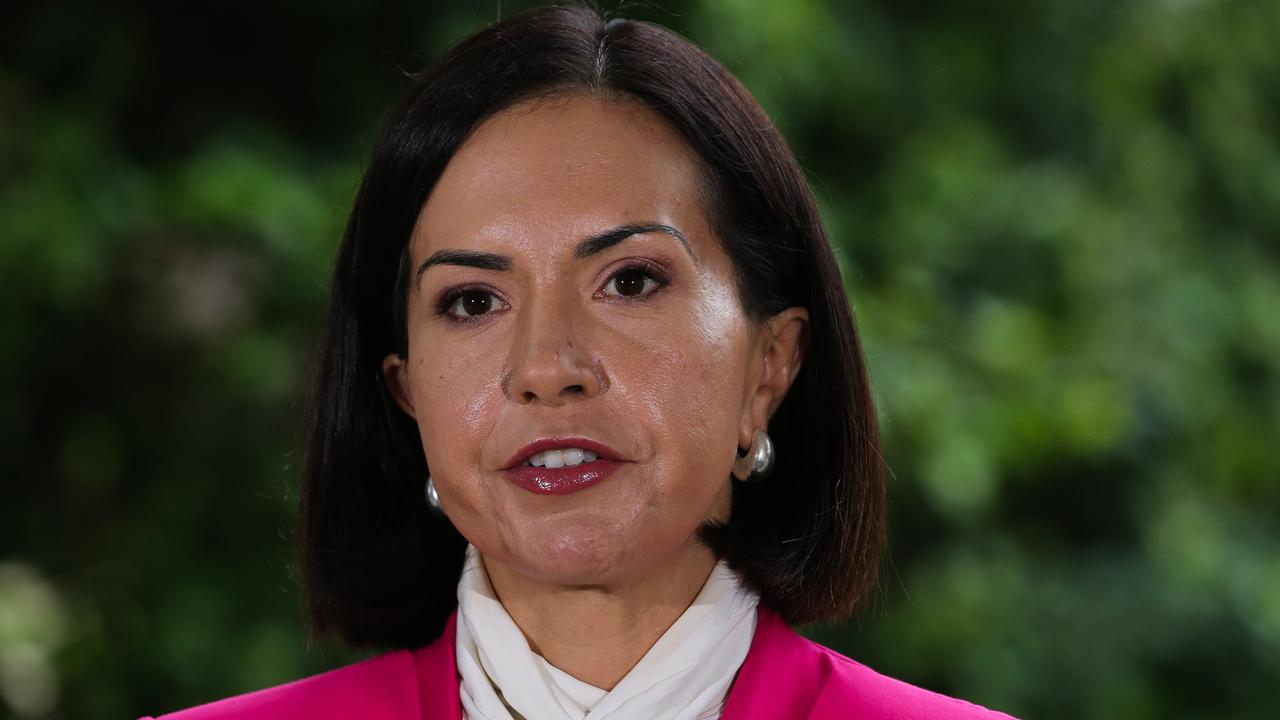
Deputy Premier and Education and Early Learning Minister Prue Car said negotiations with the Commonwealth government remain ongoing, with the government seeking a 5 per cent increase.
“The NSW Government is already lifting our share of funding to 75 per cent of the SRS, and we are pushing for the Commonwealth to come to the table and cover the remaining 5 per cent gap to fully fund all Australian public schools,” she said.
“The Commonwealth government has deep pockets and I will be fighting for every dollar to ensure families in the country’s largest state are not short-changed.
“Securing this support will see all public school students guaranteed a world-class education, in modern facilities, no matter their postcode or their parents’ income.”
Read related topics:Sydney

